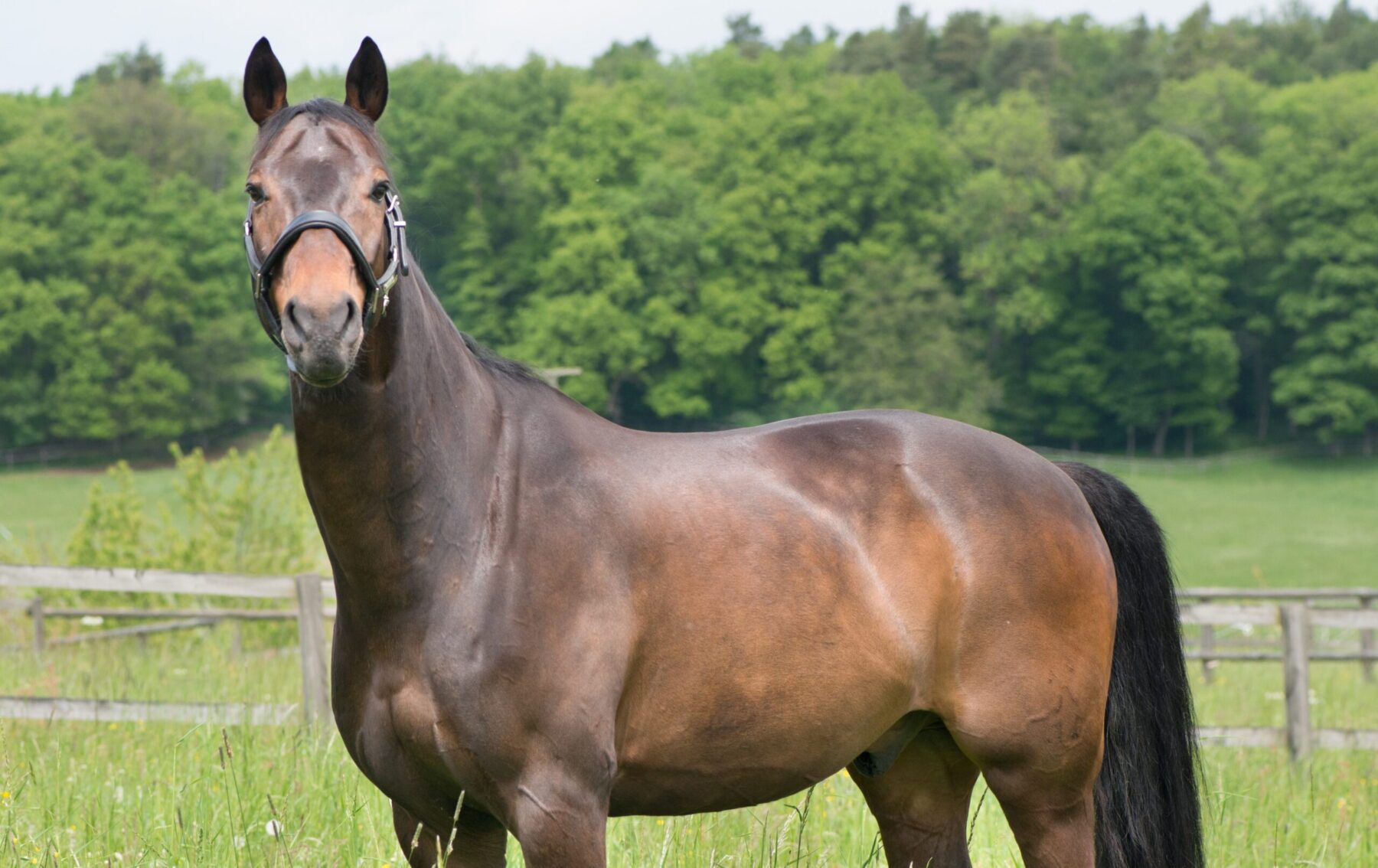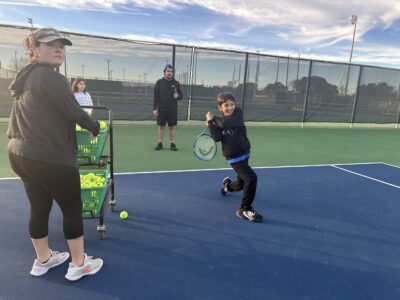Although humans may have outgrown our once tight bond with the animal kingdom, there are still a few shared experiences between our species that will persist long into the future. After all, we haven’t excluded many of these creatures from the benefits of a modernized society.
Animals like dogs and horses have been at our side for thousands of years of innovation, through the good times and bad. It is only fitting to ask ourselves why these living beings have worked so seamlessly to augment the human experience. Furthermore, we should ask what else they might be able to help us with going forward.
Dogs were bred from wolves as a tool for guarding one’s property against local wildlife, particularly farmland. While a few niche cases where canines are used for this purpose — sheepdogs and border collies are effective at herding livestock without needing training — dogs have since existed as more companions to many pet-owning Americans.
Horses are a bit different. They were once a staple for many households in the pre-automobile era, but recently, they have seen their everyday engagement with humans limited to agricultural work and sport. Farming is now seeing a similar transition fueled by increases in the affordability of machinery. However, there is one area where members of the equine family have found a renewed purpose: therapy for struggling military veterans.
Such is the case at GallopNYC, a New York-based company that provides therapeutic horseback riding sessions throughout the state.
Although GallupNYC is open to all, veterans can bypass the $55 lesson fee if necessary and are allowed to skip a waitlist that is now in the thousands.
It’s all because of what company representatives consider to be notable behavioral similarities between an unfamiliar horse and a veteran who grapples with the symptoms of post-traumatic stress disorder (PTSD).
“The horse sees the world in the way somebody with PTS (post-traumatic stress) might see the world, in a really guarded, sort of anxious way,” James Wilson, GallopNYC executive director, told CBS News. “So, somebody with PTS and a horse can sort of partner together and see the world in the same way and kind of take care of each other.”
The idea of horses mirroring the unconscious mannerisms of humans who deal with trauma has caught on across several groups on the East Coast. Warrior Ranch Foundation is another organization operating in the New York area with an explicit focus on veteran horse therapy.
Founder Eileen Shanahan attributes the animal-vet connection to the fact that horses have always been prey, unlike trauma-free humans. Many learned behaviors once vital to staying alive in the wild remain passed down to modern horses. These traits are similar to those imprinted on veterans who have been through life-and-death experiences during combat. “They’re hyper-vigilant,” she said to Fox News.
The nonprofit starts by pairing interested veterans with rescued horses and then runs them through a series of introductory exercises to establish a degree of trust.
“What we do is we teach our participants about the nature of horses and the way that horses communicate with each other — and that’s through body language,” said Shanahan. She argues that trust is the foundation of many PTSD breakthroughs for clients, as a lack of trust often exacerbates existing traumas in the daily lives of veterans who have to figure out how to operate during peacetime.
When her clients finally achieve that milestone with their horses, they often become more reachable than initially expected. “A lot of veterans come from a distrustful place,” Shanahan says. “And you’re never going to fool a horse.”





